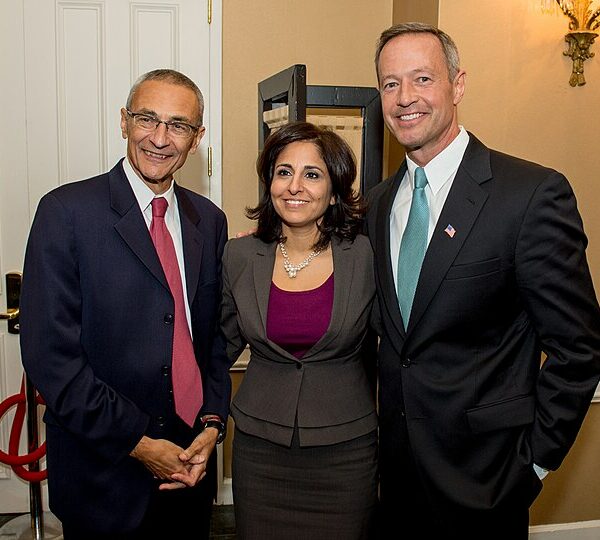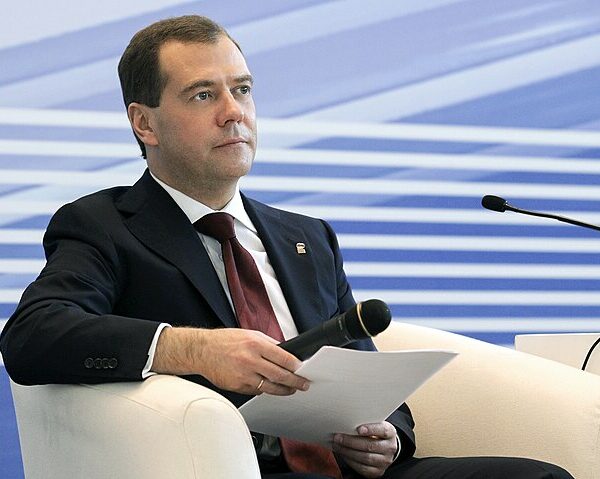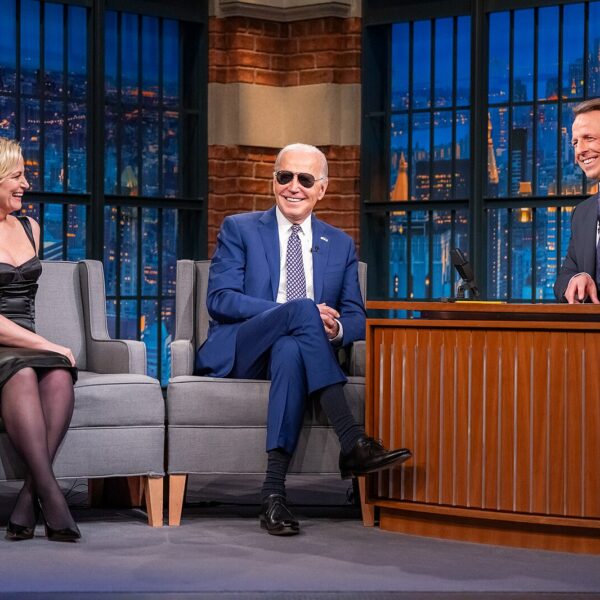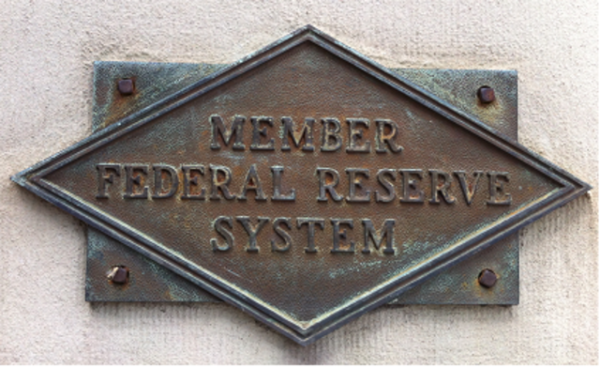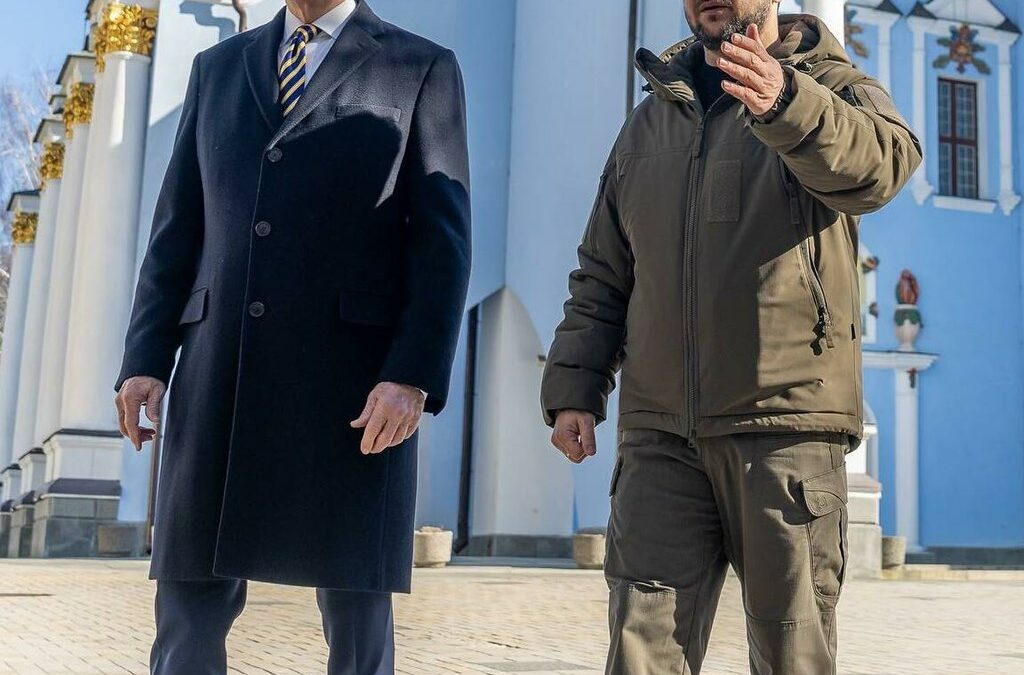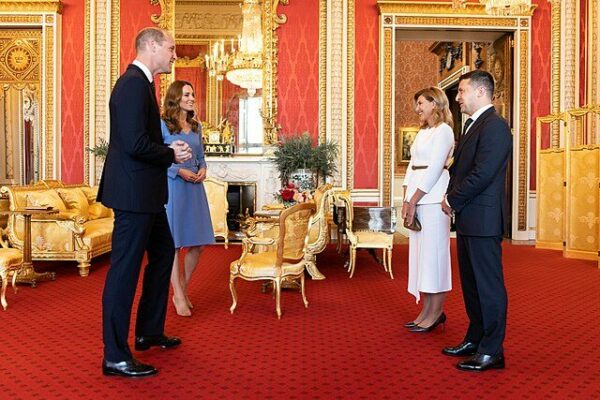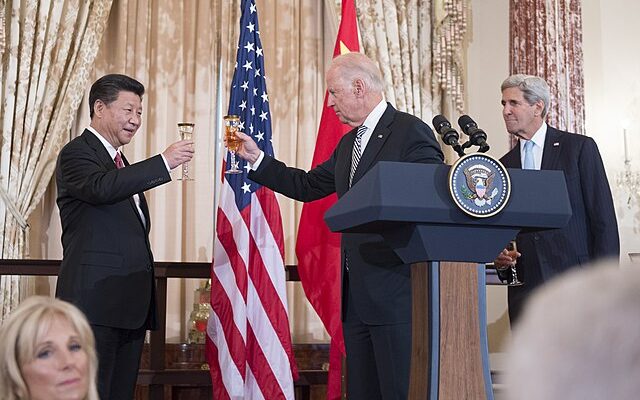
During their recent meeting in San Francisco, Chinese President Xi Jinping directly told Joe Biden that the communist nation intends to “reunite” Taiwan with mainland China, essentially calling the president’s bluff.
Xi visited the United States for the first time since 2017 in November and met Biden “at an undisclosed location in the San Francisco Bay Area” before he attended the annual summit of the Asia Pacific Economic Cooperation (APEC) forum.
Xi told Biden in a group meeting attended by a dozen American and Chinese officials that China’s preference is to take Taiwan peacefully, not by force, the officials told NBC News.
The Chinese leader also referenced public predictions by U.S. military leaders who say that Xi plans to take Taiwan in 2025 or 2027, telling Biden that they were wrong because he has not set a time frame, according to the two current and one former official briefed on the meeting.
Chinese officials also asked in advance of the summit that Biden make a public statement after the meeting saying that the United States supports China’s goal of peaceful unification with Taiwan and does not support Taiwanese independence, they said. The White House rejected the Chinese request.
Xi’s private warning to Biden, while not markedly different from his past public comments on reunifying Taiwan, got the attention of U.S. officials because it was delivered at a time when China’s behavior toward Taiwan is seen as increasingly aggressive and ahead of a potentially pivotal presidential election in the self-governing democratic island next month.
Joe Biden has long been a hawk on defending Taiwan, even if his staff does not fully support him or has had to “clean up” his comments. For example, in 2022, Reuters reported that the president “said U.S forces would defend Taiwan in the event of a Chinese invasion, his most explicit statement on the issue, drawing an angry response from China that said it sent the wrong signal to those seeking an independent Taiwan.
Asked in a CBS 60 Minutes interview broadcast on Sunday whether U.S. forces would defend the democratically governed island claimed by China, he replied: “Yes, if in fact, there was an unprecedented attack.”
Asked to clarify if he meant that unlike in Ukraine, U.S. forces – American men and women – would defend Taiwan in the event of a Chinese invasion, Biden replied: ‘Yes.'”
Following his comments on national television, Biden’s national security advisor, Jake Sullivan, “walked back President Biden’s statement that the U.S. would deploy troops to defend Taiwan from China…saying Biden was answering a hypothetical and that there was no change in policy,” Fox News noted.
The news channel continued, “The U.S. has not previously made such promises regarding Taiwan, and Sullivan stated that Biden’s statement was not to be taken as a policy change.
‘As the president said in his interview on ‘60 Minutes,’ we continue to stand behind the ‘One China’ policy,” Sullivan said. ‘When the president of the United States wants to announce a policy change, he will do so. He has not done so.'”
A fixture of American foreign policy since the 1970s, the One China underscores the formal acknowledgment of the People’s Republic of China, the communist mainland, as the sole legitimate government while concurrently recognizing China’s territorial claim over Taiwan.
However, despite that claim and the United States maintaining official diplomatic ties exclusively with the PRC, America has long cultivated unofficial relations with Taiwan, fostering economic and cultural connections.
Over the summer, China launched military drills around Taiwan and offered a “stern warning” over what it labeled collusion between “separatists and foreign forces” after Taiwan’s vice president visited the United States.
[Read More: 100s Of Epstein ‘Connections’ To Be Revealed]


